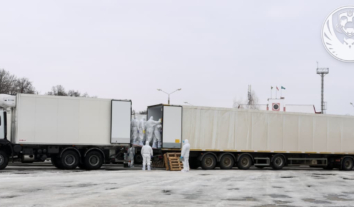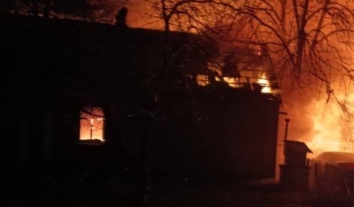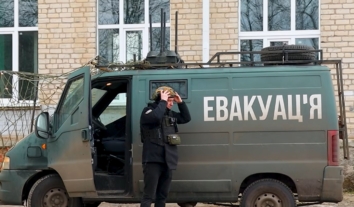Ukraine сalls for international action on revision of safety rules to protect nuclear power plants
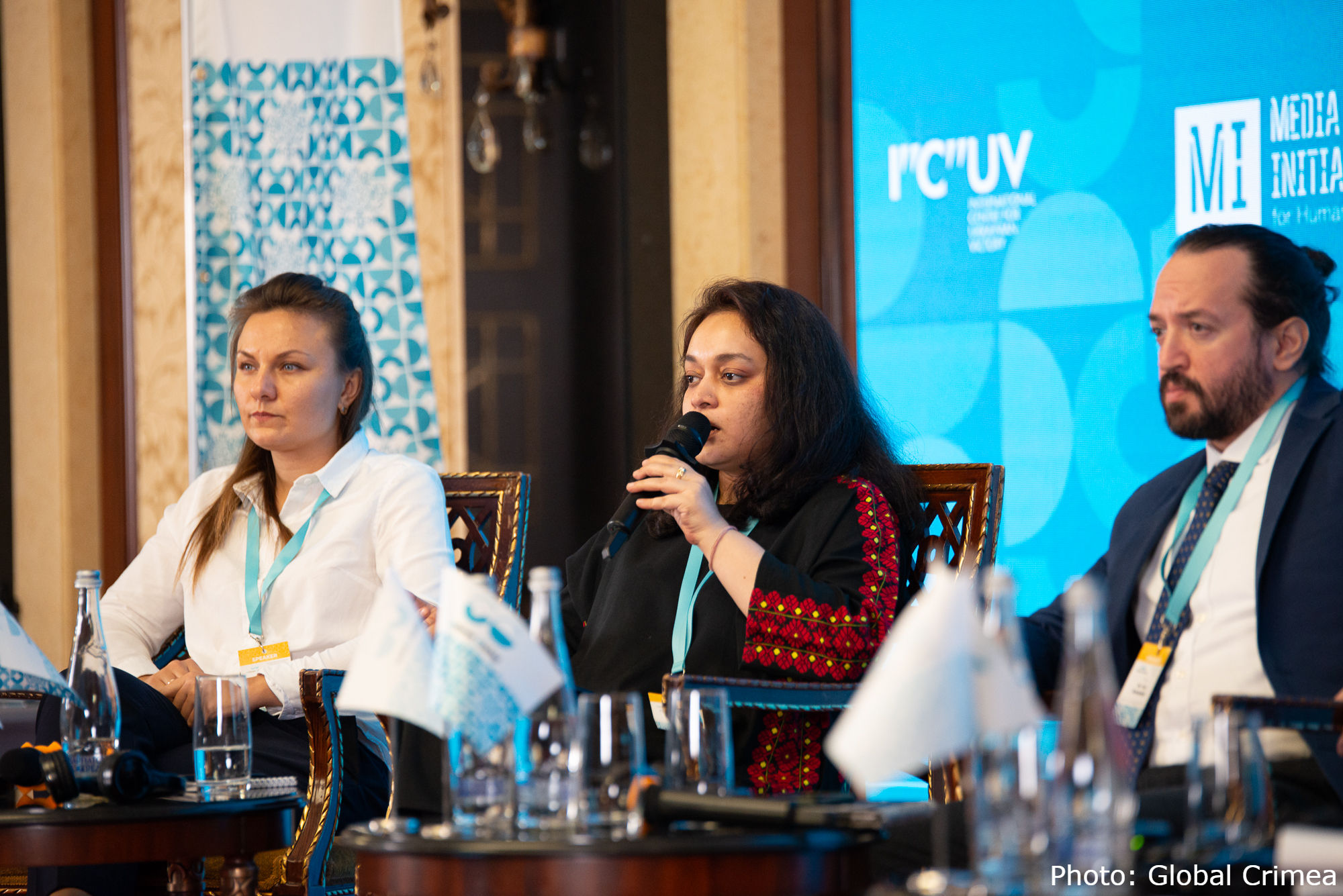 Ruhi Neog
Ruhi NeogSecretary of the Committee on Fuel Energy, Nuclear Policies and Security at International Center for Ukrainian Victory (ICUV), Viktoria Voitsitska, noted that although the political will of Ukraine’s global allies seems to be protecting Ukraine from Russia’s use of tactical nuclear weapons, none of the allies have the ability to solve the problem of Russian capture of Ukrainian nuclear power plants.
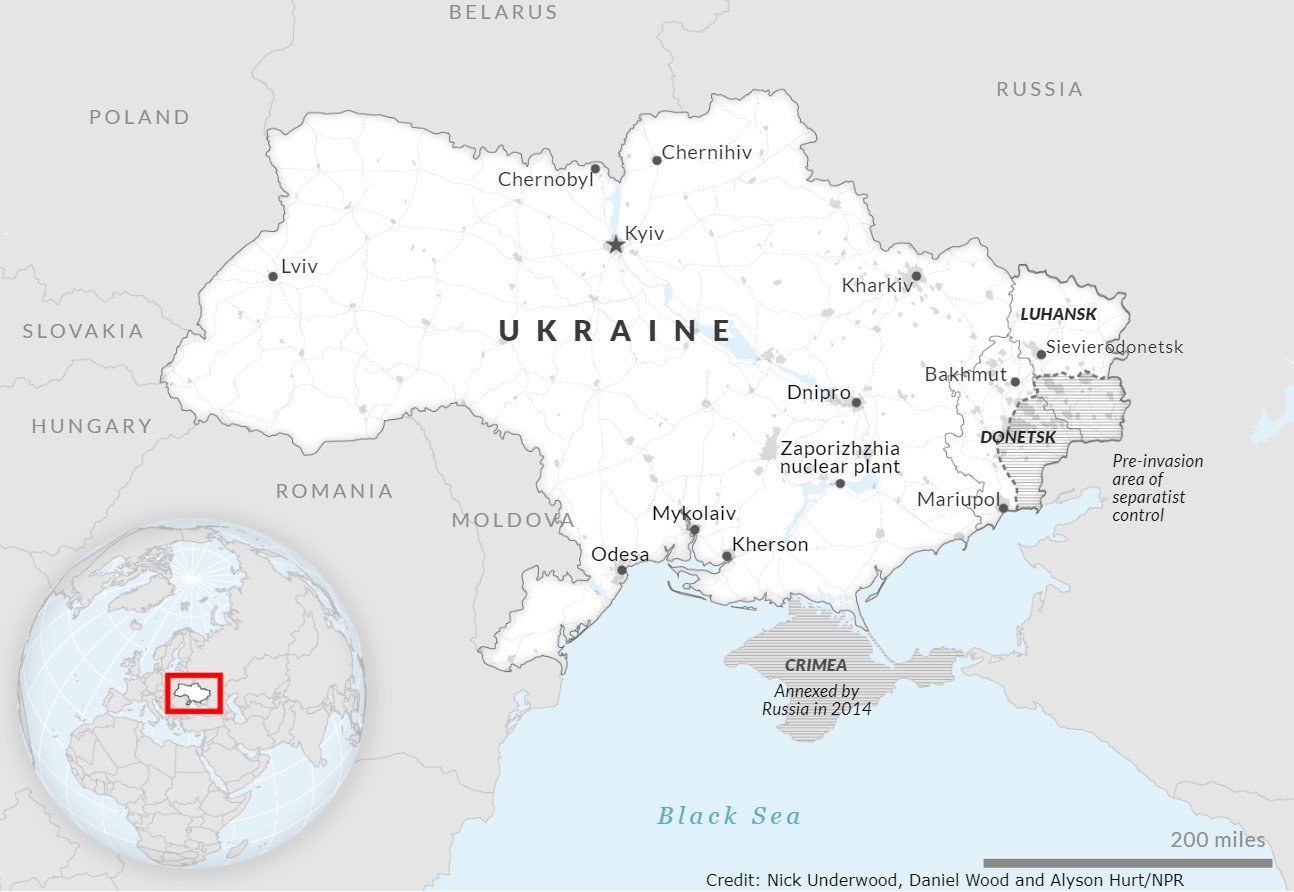
As a member of Ukraine’s Commission for State Regulation in Energy and Utilities, Babiy stressed the importance of changing the world’s policy of sanctions against the Russian state atomic energy corporation, Rosatom, to a more effective one to eventually end other countries’ dependence on cooperation with Russia in the nuclear energy sector.
Europe is extremely dependent on Russian nuclear fuel. So is America. And a lot of nuclear facilities operate thanks to Russian fuel. They are also customers that use reactors developed in the Russian Federation. This results in the most powerful financial flows that not only fuel these nuclear technologies, but also fuel the war, co-financed from these financial streams. Everything must be done to stop these flows.
Oksana Ishchuk, the Executive Director of the Center for Global Studies #quot;Strategy XXI#quot;
- stop joint ventures with Russia in the nuclear energy sector;
- stop the construction of nuclear facilities in cooperation with Russia, as well as decommission reactors that use Russian technology;
- include Russian nuclear power plants in sanctions packages;
- halt all ongoing projects where Rosatom is a party or contractor involving Rosatom’s subsidiary and parent companies in the countries allied to Ukraine, as well as their licenses to operate in Ukraine’s allied states;
- ban the importation of Russian uranium ore;
- stop the sale of nuclear energy technology to Russia;
- exclude Russia from international projects constructing new reactors;
- reduce dependence on Russian energy.
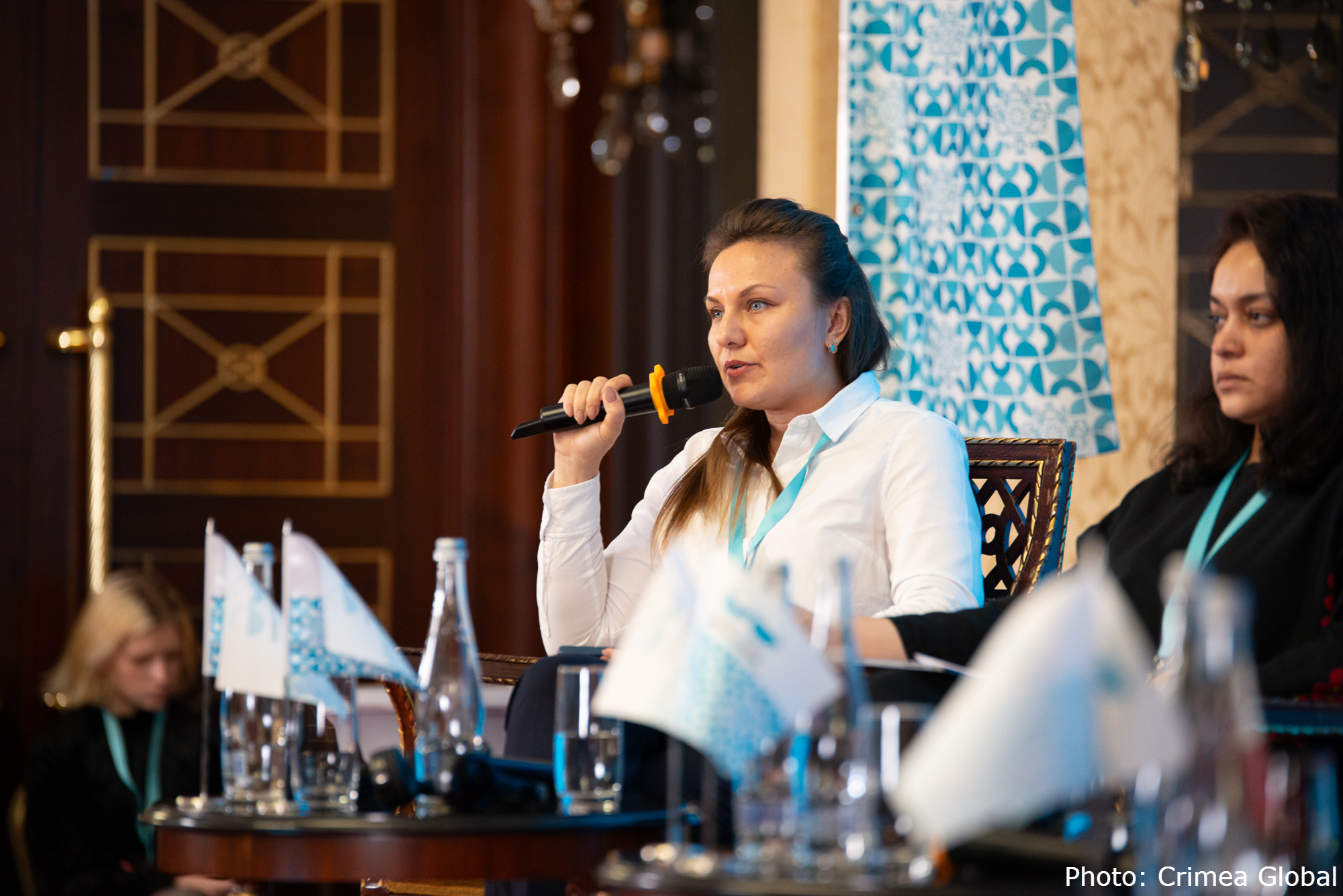 Oksana Ishchuk
Oksana IshchukThe gradual implementation of these prohibitions over a period of 3-5 years, according to Ishchuk, would provide time for reorientation toward alternative sources and supply chains for nuclear fuel. In addition, Ishchuk pointed out the problem of some European allies blocking sanctions against Russia.
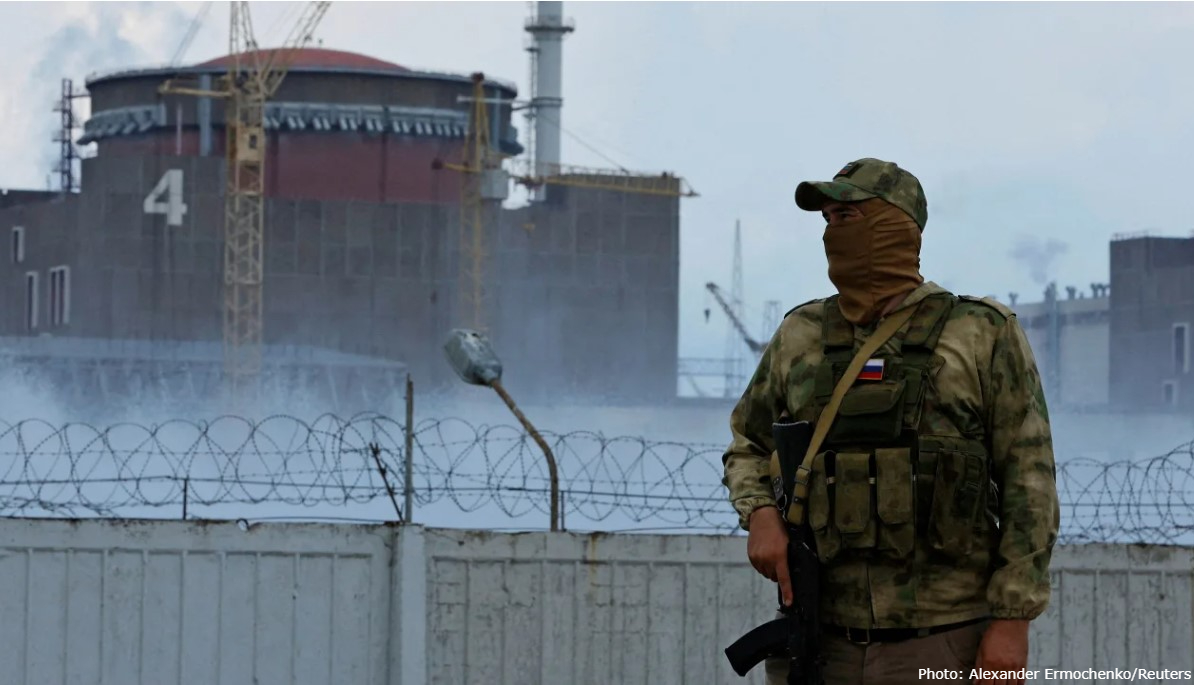 A serviceman with a Russian flag on his uniform stands guard near the Zaporizhzhia nuclear power plant outside the Russian-controlled city of Enerhodar, Ukraine, on August 4 2022
A serviceman with a Russian flag on his uniform stands guard near the Zaporizhzhia nuclear power plant outside the Russian-controlled city of Enerhodar, Ukraine, on August 4 2022According to the IAEA, the occupiers are switching Unit No. 6 of the ZNPP from a “hot” shutdown mode into a “cold” one.
In August 2023, the Russians caused an incident of water leakage from the first reactor circuit to the second at the 4th power unit of the ZNPP.
Experts from the IAEA also discovered anti-personnel mines on the premises of the ZNPP.

